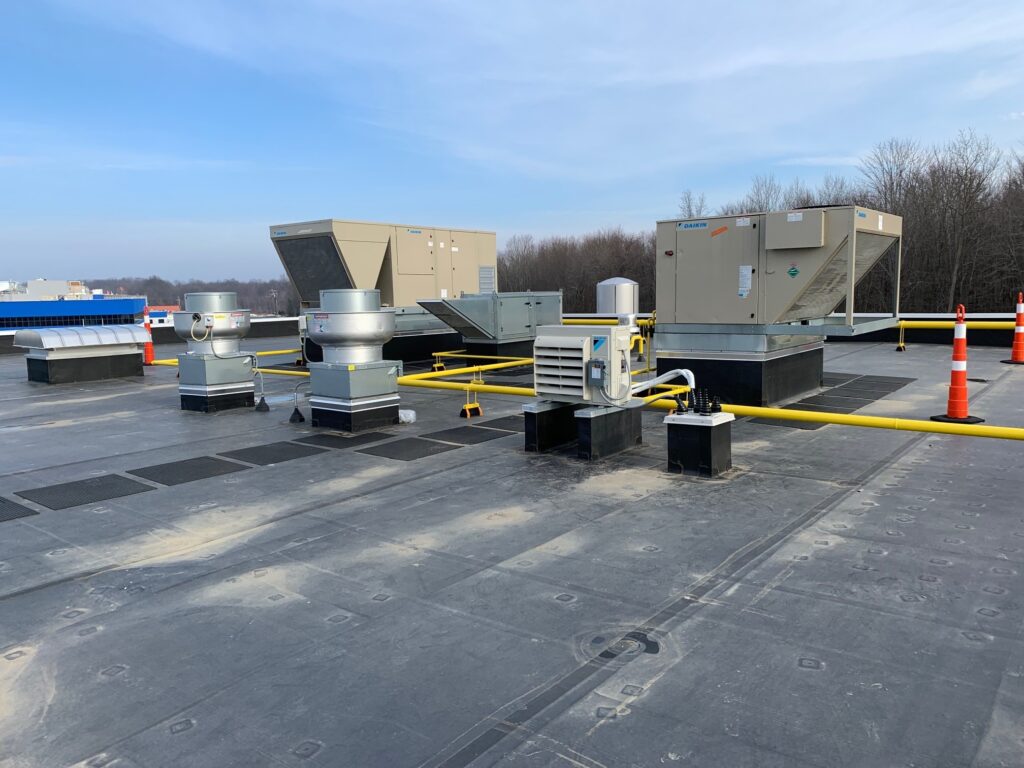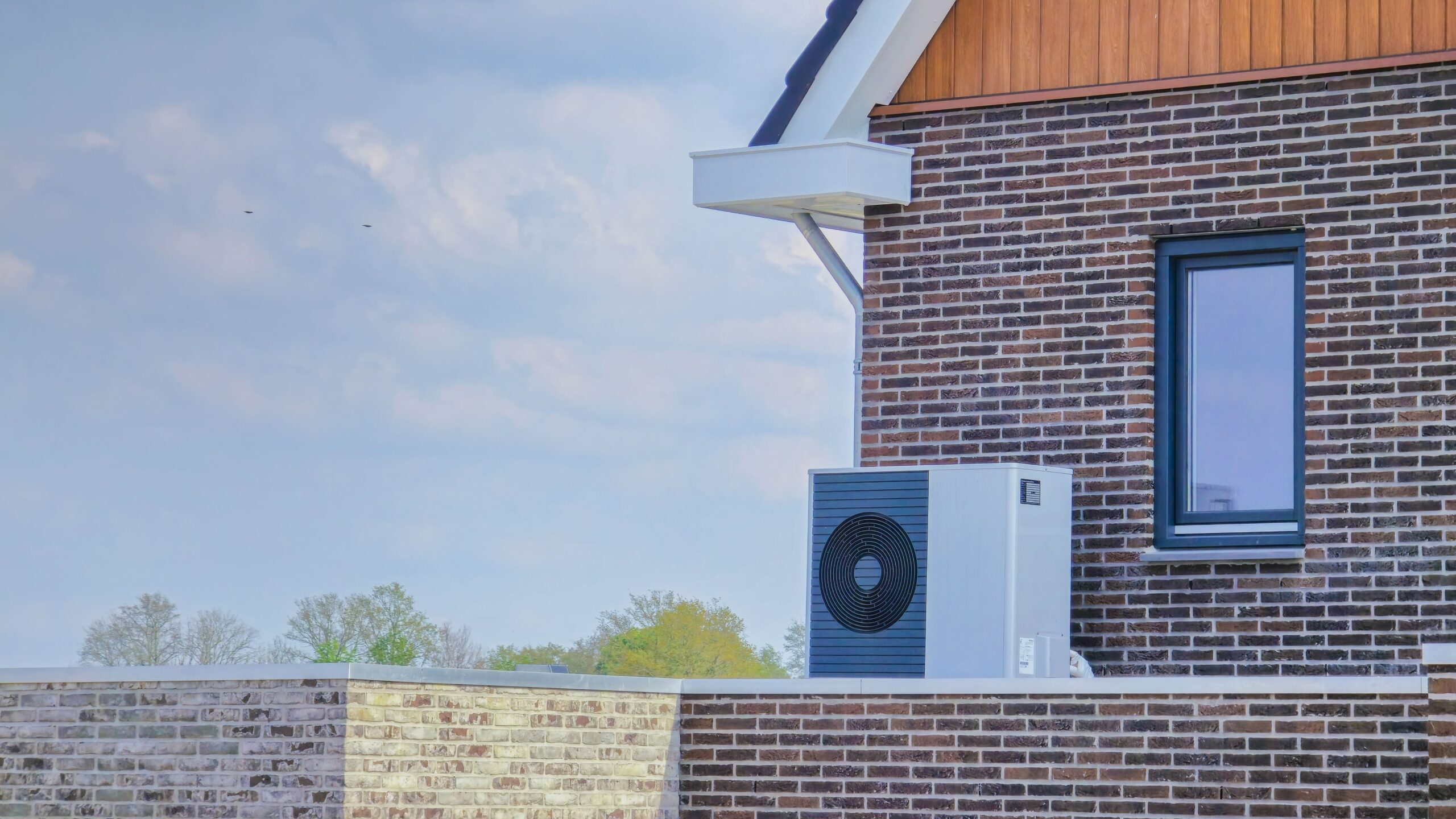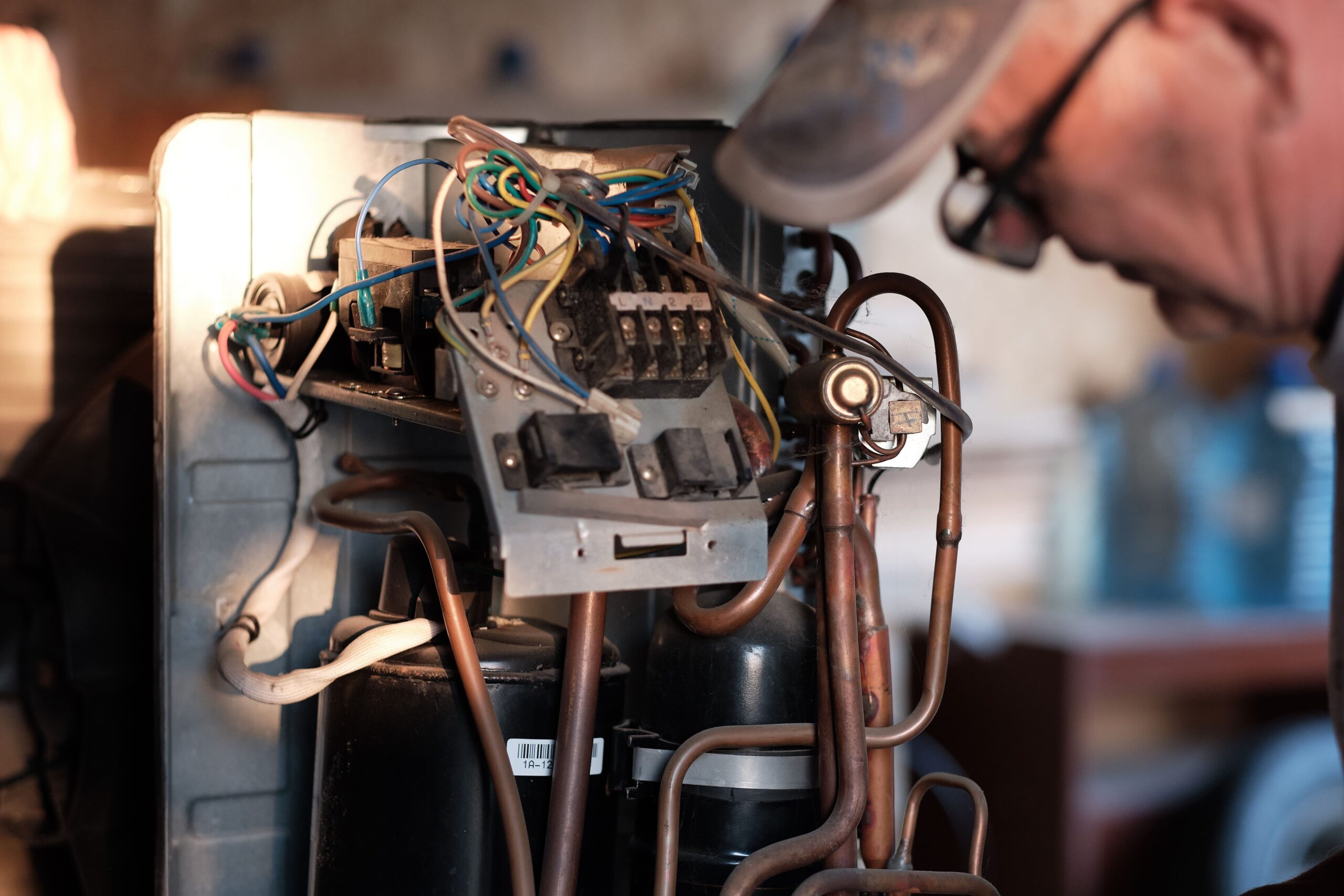Water heaters are home appliances that are “out of sight, out of mind” when the taps work as expected. They play a crucial role in daily comfort and health, providing heated water to do important stuff like cleaning up after a smashing party and other necessities like washing our hands, bathing or showering, cleaning dishes, doing laundry, and other household tasks.
But how do you know when it’s time for a water heater replacement? Let’s explore the top five signs indicating that you might need a water heater replacement soon.
Your Water Heater is Aging Gracefully – But Maybe Too Gracefully
While some things get better with age, water heaters aren’t typically an item you’ll find on this list. Whether you live in a new home, have purchased a pre-owned home, or are a lifelong homeowner, you can expect a modern water heater to perform for 8-12 years.
If you know your water heater is nearing the decade mark, it’s time to consider a water heater replacement. Old water heaters lose efficiency and pose a risk of leaks or bursts, which can lead to costly damages.
Rusty Water or Rusty Heater? It’s a Sign Either Way
Rust is the enemy of all metal that oxidates, including water heaters. If you notice rust-colored tap water, this could be a sign of corrosion inside your water heater, indicating a leak on the horizon. Additionally, check the exterior of your water heater. Visible rust on the tank itself signals that replacement time has arrived.
More Noise Than Heat
As water heaters age, sediment buildup occurs naturally at the tank bottom. This natural sediment hardens and can cause your heater to rumble or make banging noises as it heats up. So if you hear strange noises, your water heater is working harder than it should, reducing its efficiency and lifespan.
Water, Water Everywhere, But Not From the Sink
Water leaks are a major red flag. If you notice moisture or water pooling around your water heater, it’s not just a minor inconvenience—it’s a sign of potential structural failure. Addressing this can prevent extensive water damage to your home.
Lukewarm Responses to Hot Demands
If your water heater struggles to provide consistent hot water or the water temperature fluctuates, this is a sign of a failing heating element or other internal issues. Constant hot water should be a given, not a luxury.
Frequently Asked Questions
Q: How often should I replace my water heater?
A: Typically, water heaters need replacement every 8-12 years. However, the model, size, usage, maintenance, and care can extend or shorten lifespan.
Q: Can a new water heater installation be a DIY project?
A: While a DIY project is technically possible, water heater installation involves electrical and plumbing expertise. Professionals best handle this project, especially for safety and warranty reasons.
Q: What are potential signs that I need maintenance instead of replacement?
A: Minor issues like a faulty temperature pressure relief valve or heating element are often repairable. Investing in a maintenance plan can extend the life of your unit.
Q: Is investing in a more expensive water heater smart?
A: Higher-priced units often offer better efficiency, longer lifespans, and advanced features. Consider your household’s needs and consult a professional to find the best fit.
Q: Can a new water heater reduce my energy bills?
A: Absolutely! Modern water heaters are more energy-efficient, significantly saving energy bills over time.
Tax Savings: A Green Incentive for Water Heater Replacement
In today’s environmentally conscious world, transitioning to greener, more efficient home appliances is beneficial. And not just for the planet! Replacing your old water heater with an energy-efficient model could qualify you for various tax credits and rebates, adding an extra incentive to make the switch.
Under the Inflation Reduction Act 2022, the US Government provides tax credits for completing energy-efficient home improvements, including installing eco-friendly water heaters. These credits are an excellent incentive for homeowners who are on the fence. By investing in a high-efficiency water heater, you reap the benefits of consistent hot water and save money over the long term.
ENERGY STAR-certified water heaters, known for their superior efficiency, qualify for these tax credits because they require less energy and resources. For homeowners, this means lower utility bills and more efficient systems. And hot water whenever needed!
In addition to Federal Tax Incentives, some water heater manufacturers, local governments, and utility companies offer additional rebates and incentives for homeowners who upgrade their appliances. Tapping into these incentives can help offset the initial expenses of installing a new water heater. It’s a win-win for your wallet and the environment.
Proactive Steps For Water Heater Maintenance
Whether you are maintaining an existing water heater or caring for a brand new water heater installation, using soft or treated water will help to minimize mineral buildup.
Regularly draining and removing sediment from the tank can also enhance efficiency. Additionally, setting the thermostat to an optimal temperature prevents the system from overworking, prolonging its life, and ensuring consistent performance.
Don’t Let Cold Water Rain On Your Life!
Look for these five signs if you want to avoid getting left in a cold shower or have a sink full of dirty dishes without hot water to wash them. And while regular maintenance helps prolong the life of your water heater, there comes a time when replacement is the most practical and economical choice.
If you’re in Northeast Ohio and facing water heater woes, don’t hesitate to contact Pompeiis Plumbing. Our experienced and trusted technicians are your partners in keeping you comfortable and safe year-round.







